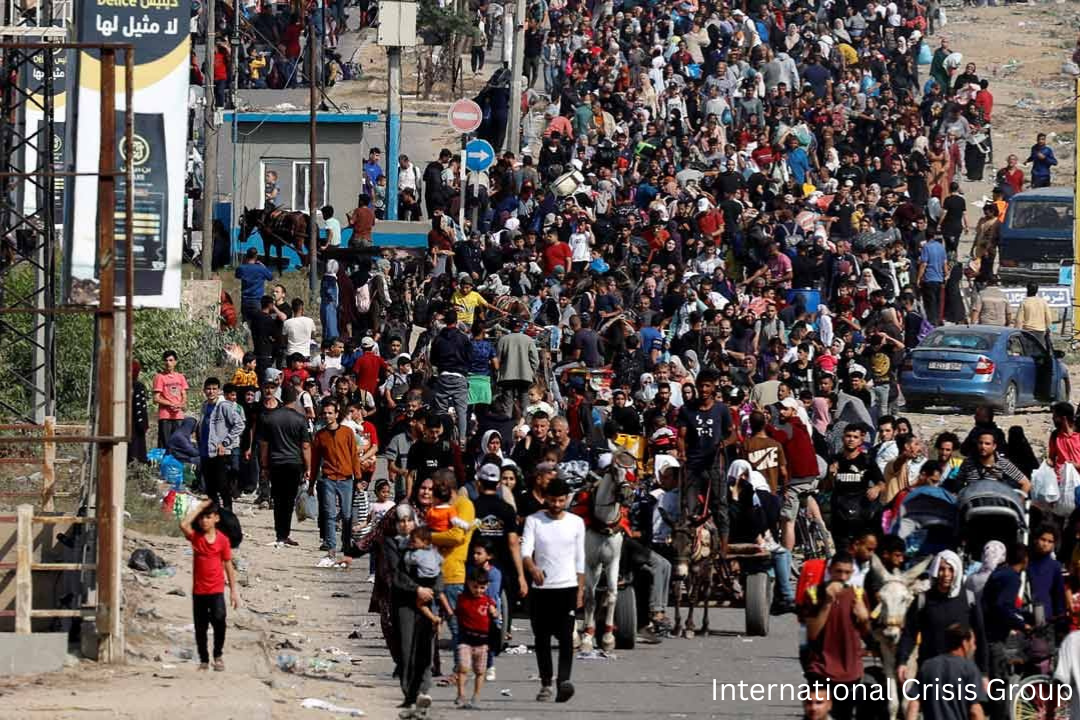Yael Adar, whose son was taken from Kibbutz Nir Oz during the October 7, 2023, attacks, expressed “very cautious hope” following Hamas’ recent response to former President Donald Trump’s cease-fire plan. While the militant group agreed to release hostages, Adar described their statement as “evasive,” noting that the conditional nature of Hamas’ commitments essentially returns families to square one. She also voiced disappointment with Israel’s leadership, urging the government to pursue a path that could bring negotiations and resolution to this ongoing tragedy.
Families’ Perspective on Hostage Negotiations
For families like Adar’s, the ongoing uncertainty has been emotionally devastating. Many have endured years of waiting, compounded by the complex interplay of political, military, and diplomatic factors.
Adar’s remarks reflect a nuanced perspective: while the commitment to release hostages is encouraging, the ambiguity and conditions attached to Hamas’ response create continued anxiety. Families are forced to balance hope with realism, as negotiations may take time and outcomes are not guaranteed.
The Evasive Nature of Hamas’ Statement
Hamas’ response, although signaling willingness to release hostages, included conditions and caveats that complicate immediate action. The group’s statement tied the release of hostages to specific circumstances on the ground, including security arrangements and indirect discussions with Israel regarding prisoner exchanges.
From the families’ perspective, this conditional approach can feel like a delay, leaving them uncertain about when and how their loved ones might be returned. Adar characterized this approach as “they say yes, but add a ‘but,’” emphasizing the frustration that arises from partial assurances rather than clear, actionable commitments.
Disappointment in Government Leadership
Adar also expressed concern over Israel’s handling of the situation. Families of hostages often rely on their government to negotiate effectively, ensure security, and prioritize humanitarian considerations.
Her comments reflect a broader sentiment among citizens and families impacted by the conflict: the belief that leadership must balance political pressures with the urgent need to bring hostages home safely. This underscores the delicate role governments play in managing international negotiations and internal expectations simultaneously.
The Role of Negotiations
Adar urged the Israeli government to seek a path for negotiations that could bring this crisis to a close. Negotiation strategies involve multiple stakeholders, including Hamas, Israel, and international mediators such as the United States, Egypt, and Qatar.
Key elements in successful negotiations include:
- Safe Return of Hostages: Prioritizing humanitarian outcomes to reunite families.
- Conditional Agreements: Addressing Hamas’ concerns while ensuring compliance and security.
- International Oversight: Facilitating verification and reducing the risk of renewed conflict.
Negotiations in such complex situations require patience, transparency, and strategic diplomacy to balance competing interests and ensure meaningful progress.
Humanitarian and Emotional Dimensions
Beyond political and strategic concerns, the situation carries profound emotional weight. Families of hostages endure prolonged uncertainty, emotional distress, and fear for their loved ones’ safety. Statements from officials like Adar provide a human perspective on the consequences of international conflicts, highlighting the human cost that often underlies high-level diplomatic discussions.
The cautious hope she expresses illustrates the delicate balance between optimism and realism that families must maintain as negotiations progress.
Challenges Ahead
Several obstacles remain in realizing a safe resolution for hostages:
- Ambiguity in Hamas’ Conditions: Conditional statements require careful interpretation and negotiation to ensure clarity.
- Political Pressures: Israeli leadership must manage coalition dynamics while pursuing humanitarian objectives.
- Timing and Logistics: Coordinating hostage release safely involves complex logistics and security arrangements.
International and regional mediators play a critical role in bridging gaps, verifying compliance, and supporting humanitarian outcomes in these challenging circumstances.
Conclusion
Yael Adar’s statement captures the cautious optimism and frustration experienced by families of hostages in Gaza. While Hamas’ willingness to release hostages offers hope, the conditional and ambiguous nature of their response, combined with political challenges, leaves families in a delicate position. Continued diplomatic efforts, careful negotiation, and government responsiveness are essential to achieving safe returns and resolving this humanitarian crisis.
%20(4).png)




